Starring Walmart, Tesco, and Amazon: Here’s what happened in the retail technology space during March
Check out our review of a hugely eventful month for the retail systems sector, including failed metaverse experiments, rapid grocery delivery milestones and failures, checkout-free store hiccups, and the first ever RTIH Retail Technology Innovations Report.
Good month for…
Tesco reported that its rapid delivery service, Whoosh, was now available from 1,000 Express stores across the UK.
This first launched in May 2021 and is now available from half of Tesco’s estate of Express convenience stores across the UK, serving 55% of UK households.
The Hammersmith Olympia Express in London became the 1,000th location to offer rapid grocery delivery to the door.
Whoosh offers customers the chance to order food or snacks from a curated list of 2,500 to 4,500 essential products in as little as 30 minutes, with delivery set at £2.99 for orders that cost £15 or more.
Tesco claims that the immediacy of the service and convenience of home delivery is popular with customers looking for things like a quick and easy meal deal or last minute purchases.
It has been looking at ways to improve the customer experience, with new features on the app such as 15 minute delivery window estimates and live tracking of the rider on a map.
Sensei launched Dojo, which, covering a total space of 500 square metres, is pitched as the largest fully autonomous store in Europe.
Created in collaboration with Hewlett Packard Enterprise (HPE), the facility in Lisbon, Portugal is intended as a test lab.
Not open to the public, it provides an environment for Sensei and its partners to develop and test new autonomous store technologies. The tech behind Dojo is scalable for retail spaces ranging from from 150 m2 to 1,500 m2.
Features include gateless entry and exit, and an automatic card payment terminal where purchases are displayed in real-time at the end of a shop, so customers can make purchases without using an app.
There is also automated tracking of products served from assisted counters, such as a bakery, butchery or fish counter, and the integration of self-service coffee and juice machines.
Poland-based Vue Storefront raised $20 million of equity with Felix Capital, backer of the likes of Mirakl, Travelperk, Moonbug and Farfetch, leading the round and additional funds coming from Philippe Corrot, Founder and CEO at Mirakl, and Nagi Letaifa, Head of Engineering at Mirakl.
In the last 12 months, the company has added customers like Berlin Brand Group, Zenith Watches and Zadig & Voltaire with more than 50% of its pipeline coming from the US enterprise market.
Julien Codorniou, who joined Felix Capital last year from Facebook, will be added to Vue Storefront’s board of directors.
Existing investors Creandum, Earlybird and SquareOne, also participated in the round.
Ocula Technologies received new investment from Lloyds Banking Group and its FinTech Investment Team.
The SaaS startup aims to let retailers harness the power of AI to enable data driven decisions and quickly optimise its platform.
It says that it wants to give retailers without in-house data science teams, the ability to access the benefits of AI and not get left behind by the likes of Amazon and Alibaba.
Lloyds Banking Group’s investment is in the form of new equity capital and completes a funding round previously announced in November 2022.
Less than two years since its formation it values Ocula on a post new money basis at £10 million.
The company has worked with retailers such as Hornby Hobbies and AO World.
Bad month for…
Walmart binned a branded space in Roblox called Universe of Play just six months after a splashy entrance on to the immersive experiences scene.
This followed claims by nonprofit consumer advocacy group Truth in Advertising and other watchdogs that the metaverse game not only blurred the distinction between advertising content and organic content, but also lacked required disclosures and manipulated kids into viewing and interacting with stealth ads.
Walmart said the Universe of Play move was “as planned.”
The US retail giant touted the offering as “the ultimate virtual toy destination,” with products and characters from kid friendly franchises Paw Patrol, Jurassic World, L.O.L. Surprise! and more.
During the launch last year, William White, Chief Marketing Officer at Walmart U.S., said: “”We’re showing up in a big way – creating community, content, entertainment and games through the launch of Walmart Land and Walmart’s Universe of Play.”
“Roblox is one of the fastest growing and largest platforms in the metaverse, and we know our customers are spending loads of time there. So, we’re focusing on creating new and innovative experiences that excite them, something we’re already doing in the communities where they live, and now, the virtual worlds where they play.”
File under ‘interesting failures’, then.
Rapid grocery delivery startup Food Rocket is no more, with visitors to its website being greeted with the message, "We are closed. Thanks to everyone who was with us."
“In spite of overall profitability, we ran out of capital while struggling to raise additional funding,” it said.
Last year, Food Rocket announced a $25 million Series A investment round.
It said that this would be used to expand its offering in Chicago and other cities throughout the US, as well as reinforce its AI enabled software and enhance the team.
The lead investor was Alimentation Couche-Tard (ACT), which has more than 14,000 Circle K and Couche-Tard locations in 26 countries and territories, including 7,000+ in the US.
Through the partnership, Food Rocket was working with Circle K to explore ways in which the convenience store chain could extend its brand experience and offerings to customers beyond its physical stores through e-commerce and delivery.
Meanwhile, Food Rocket expected to benefit from Circle K’s size and scale, consumer insights, marketing expertise, procurement network and supply chain efficiencies to expand its offerings into categories beyond grocery, improve its purchasing power, reduce costs and grow profitability.
This was an accident waiting to happen, according to Brittain Ladd, a supply chain consultant and former Amazon executive.
Amazon said it would close eight of its Go convenience stores in the US.
It will shutter two locations in New York City, two in Seattle, and in San Francisco, on 1st April.
Amazon will work to help affected employees secure other roles at the company.
“Like any physical retailer, we periodically assess our portfolio of stores and make optimisation decisions along the way,” said an Amazon spokesperson.
“In this case, we’ve decided to close a small number of Amazon Go stores in Seattle, New York City, and San Francisco.”
“We remain committed to the Amazon Go format, operate more than 20 Amazon Go stores across the US, and will continue to learn which locations and features resonate most with customers as we keep evolving our Amazon Go stores.”
Also this month…
RTIH launched its first ever Retail Technology Innovations Report, sponsored by Metapack.
Available for download here, free of charge, this highlights the top 50 retail tech plays of 2022 as decided by our Editor, Scott Thompson, and an independent advisory panel.
We were looking for groundbreaking technology deployments, launches, and pilots from across the omnichannel retail landscape, be they payments, supply chain, online, mobile, physical store etc related.
Thompson produced a longlist which went to the judging panel, consisting of:
Mike Cadden, Technology and Business Transformation Director, Start-Rite Shoes
Matt Taylor, Technology Transformation Leader at EY, Retail and Consumer Products
Brittain Ladd, Supply Chain, Logistics, Operations, and Strategy Executive
Imran Ansani, Head of Retail Edge Solutions and Ecosystems, Dell Technologies
Christine Russo, Retail Industry Analyst
Gary Newbury, Supply Chain Advisor and Delivery Executive
Toby Pickard, Global Insight Leader, IGD
They picked their stand out retail technology plays of 2022, put forward their own favourite innovations, and, based on this, Thompson drew up the final 50.
Innovation and technology play a critical role in the success of the retail sector, and it is great to celebrate this with the 2022 Retail Technology Innovations Report.
Many thanks to Metapack, a leading provider of e-commerce delivery management technology to enterprise retailers and brands, for sponsoring it.
One hundred autonomous drones are now operational in Ikea stores - the latest in Ikea Zaventem, Belgium – with owner Ingka Group saying it is the first retailer to use such a solution for stock inventory.
Two years ago, Ingka Group and the Supply Chain Development Team at Inter Ikea Group, together with Verity, a provider of indoor drone systems, started developing a fully autonomous drone solution.
As a result, 100 drones are now at work during non-operational hours, with the aim of improving stock accuracy and securing availability of products for online or physical retailing. This means that co-workers no longer need to manually confirm each pallet.
“We are investing in technology across the board so that our stores can better support customer fulfilment and become true centres for omnichannel retailing,” says Tolga Öncu, Head of Retail at Ingka Group.
“Introducing drones and other advanced tools – such as, for example, robots for picking up goods – is a genuine win-win for everybody. It improves our co-workers’ wellbeing, lowers operational costs, and allows us to become more affordable and convenient for our customers.”
Rich Corbridge left Boots UK where he served as Chief Information Officer.
He joined the health and beauty retailer and pharmacy chain in 2019, taking on the role of Director of Innovation, and becoming CIO in 2020.
Corbridge told RTIH that he was departing the retail sector, but could not yet reveal his next destination.
Boots UK did not respond to our request for comment regarding his replacement.
The conference programme for Retail Technology Show 2023 is now complete.
Retail Technology Show 2023 will take place on 26th and 27th April at London’s Olympia.
Conference speakers include Queen of Shops, Mary Portas, Dragon’s Den star Steven Bartlett and former JD Sports CEO, Peter Cowgill.
Check out the full programme here.
There are also over 300+ tech innovators and solutions providers exhibiting on the show floor.
BaxterStorey opened a new store leveraging Just Walk Out technology, making it the first hospitality business in the UK to adopt the Amazon checkout-free solution.
Located at the latter’s London headquarters in Shoreditch, Social Bee aims to offer a fast and frictionless shopping experience for employees by eliminating queues.
In a LinkedIn post, Craig Clarke, Principal, GTM - Just Walk Out Technology at Amazon, said: “Great to see this store launch and the collaboration from teams across Amazon and BaxterStorey.”
REWE opened its fourth Trigo powered store, situated in Cologne, Germany’s fourth largest city.
Located in the Sülz neighbourhood, this is, at 564 sqm, Trigo’s biggest store to date.
Kai-Uwe Reimers, Head of Research and Innovation, REWE digital, commented: “The bar is rising around customer expectations, customers have less time, cost and effort are getting more important.”
“Computer vision will be the core of the future store. It changes the supermarket workflow by introducing frictionless checkout which solves the biggest customer pain point in the store: standing in line.”
“When we were ready to start with frictionless checkout it was clear that Trigo would be the first to talk to.”
“We screened the market again, we talked to other retailers and in the end, we decided for Trigo because we really believe in the team, we really believe in the solution, and we think it’s the most advanced solution at the moment.”
Critizr, a specialist in customer satisfaction and experience management, announced that it was changing its name to Goodays.
According to a press release, the new identity reflects its mission to “bring the employees of a company together around a common objective: to satisfy customers. It also affirms international expansion ambitions, to grow market share across the company’s five bases in Spain, France, Japan, the Netherlands and the United Kingdom.”
The company, created over ten years ago, has developed a platform that facilitates digital interactions with customers to improve their experience, with recent deployments including the integration of Google Business Messages and WhatsApp.
Sharon Peters left M&S, where she most recently served as Head of Technology - Corporate, HR, Finance, Plan A, GC, Bank Loyalty, Property, to take on the role of CIO at shared communications infrastructure big hitter BAI Communications.
Peters, who spent almost 16 years at Marks and Spencer, said in a LinkedIn post: “It’s time to say goodbye to my M&S family.”
“What a brilliant and memorable collection of experiences I have had with the best teams. I have had the honour of activating sustained change through tech whilst being inspired and inspiring (I hope) awesome colleagues.”
She added: “I’ve seen such positive change across the business and I am proud to have been a part of it. Thank you to everyone who has supported me, laughed with me (and at me !!) and celebrated with me. I wish everyone huge success for the future.”
“It was going to take something pretty incredible and special for my next adventure and I am very excited for this.”
Replying to the LinkedIn post, Mike Yorwerth, Chief Technology Officer at M&S, said: “Sharon - we will miss your boundless energy, enthusiasm and positivity. You've been brilliant for the Tech team, for gender equality, for sustainability and for M&S as a whole and we wish you every success in the future. I am sure you will be amazing.”



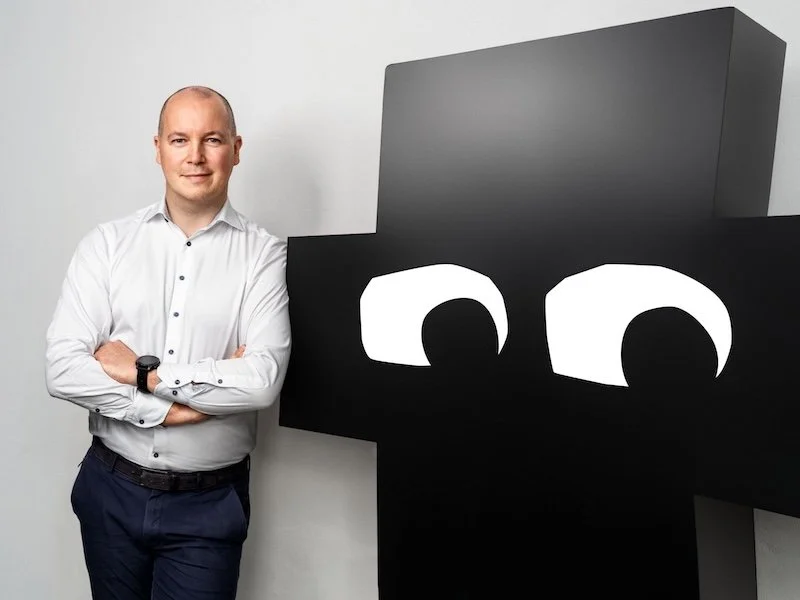


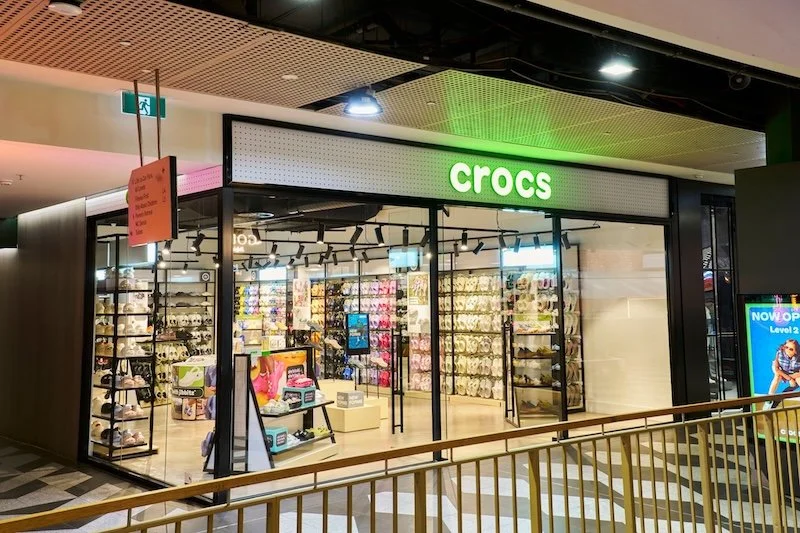
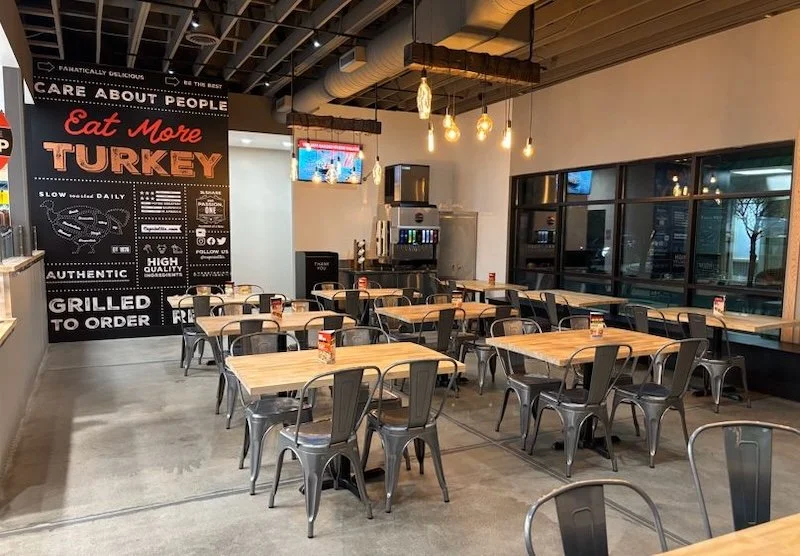
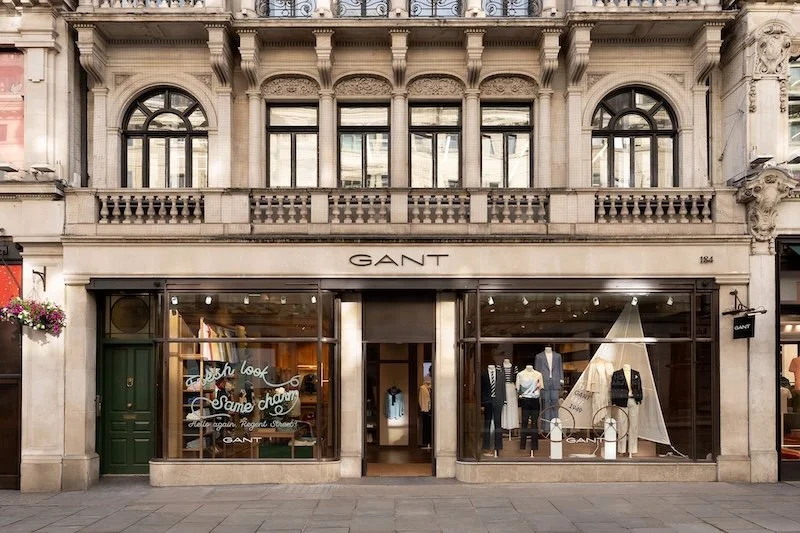
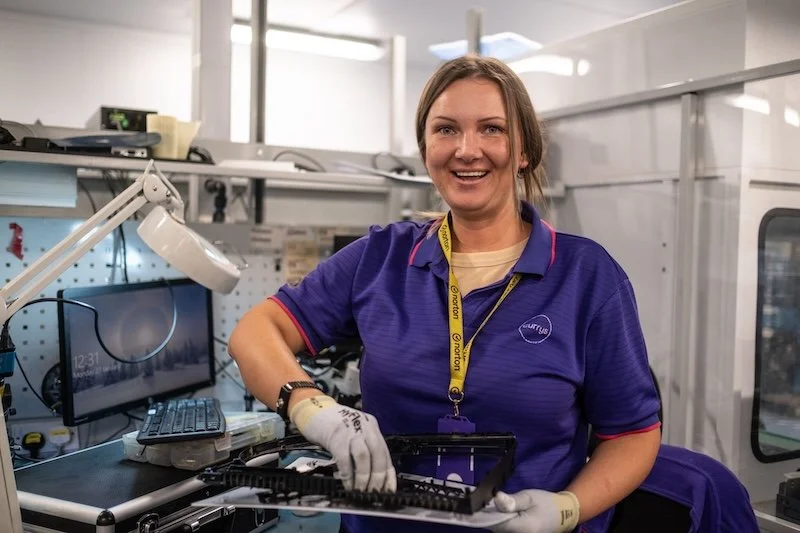
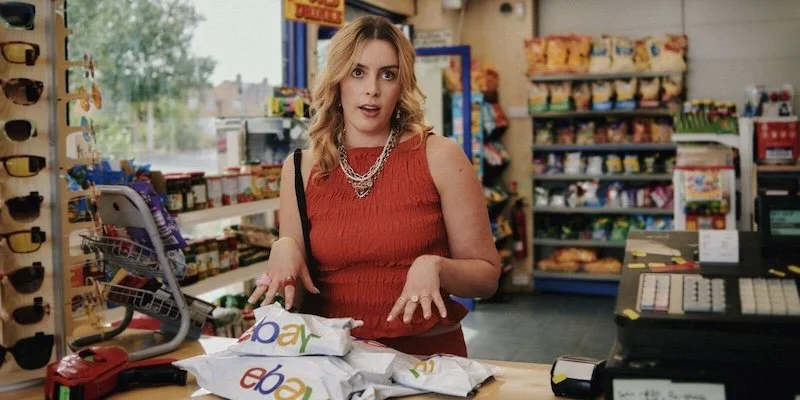
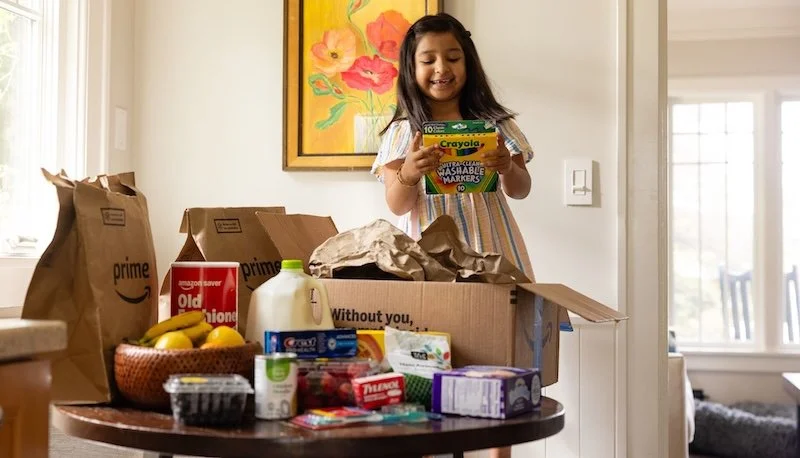

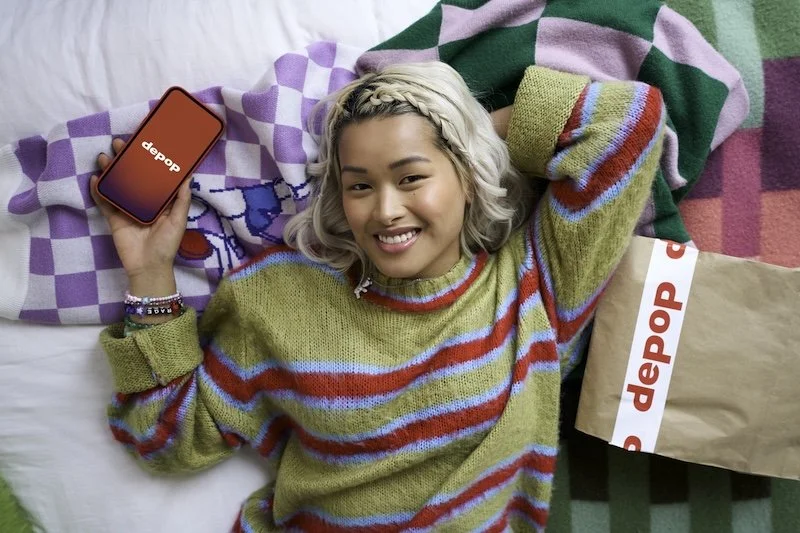
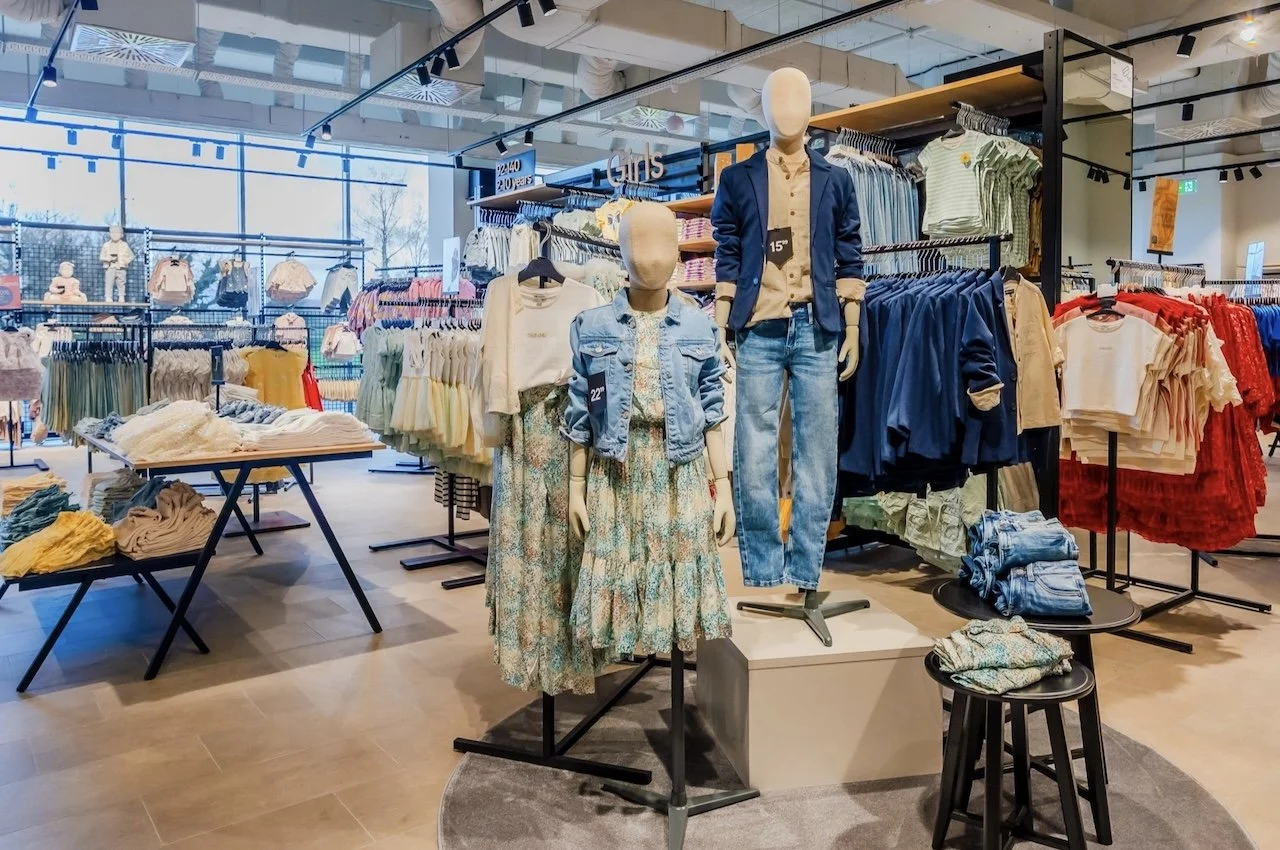
Continue reading…